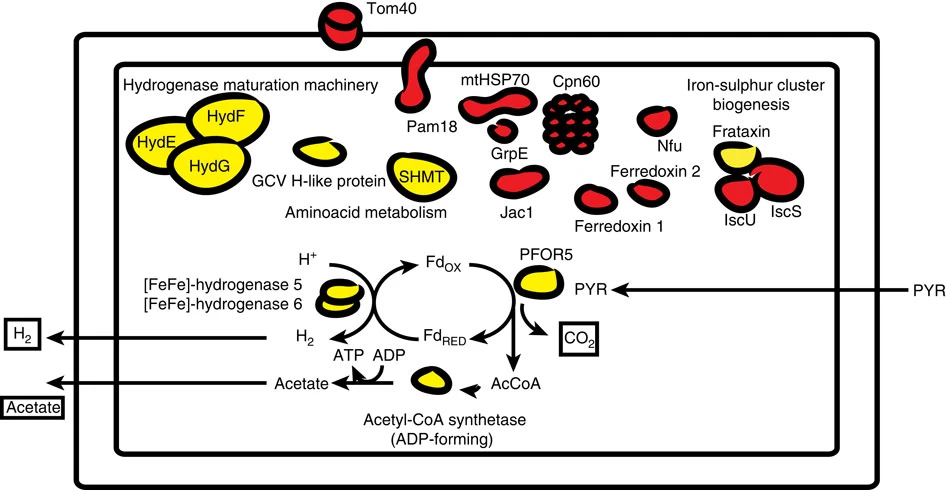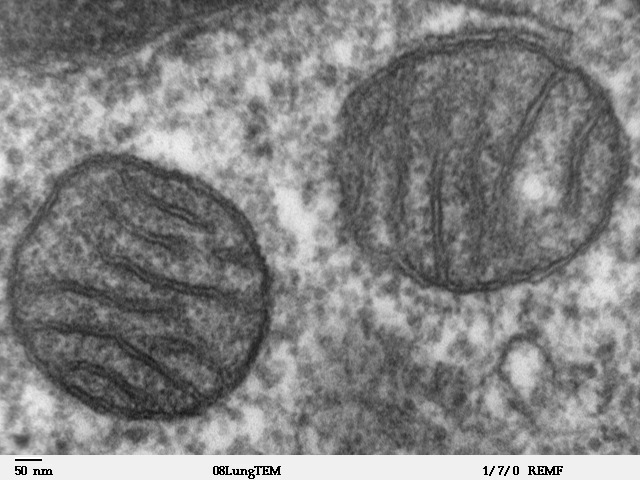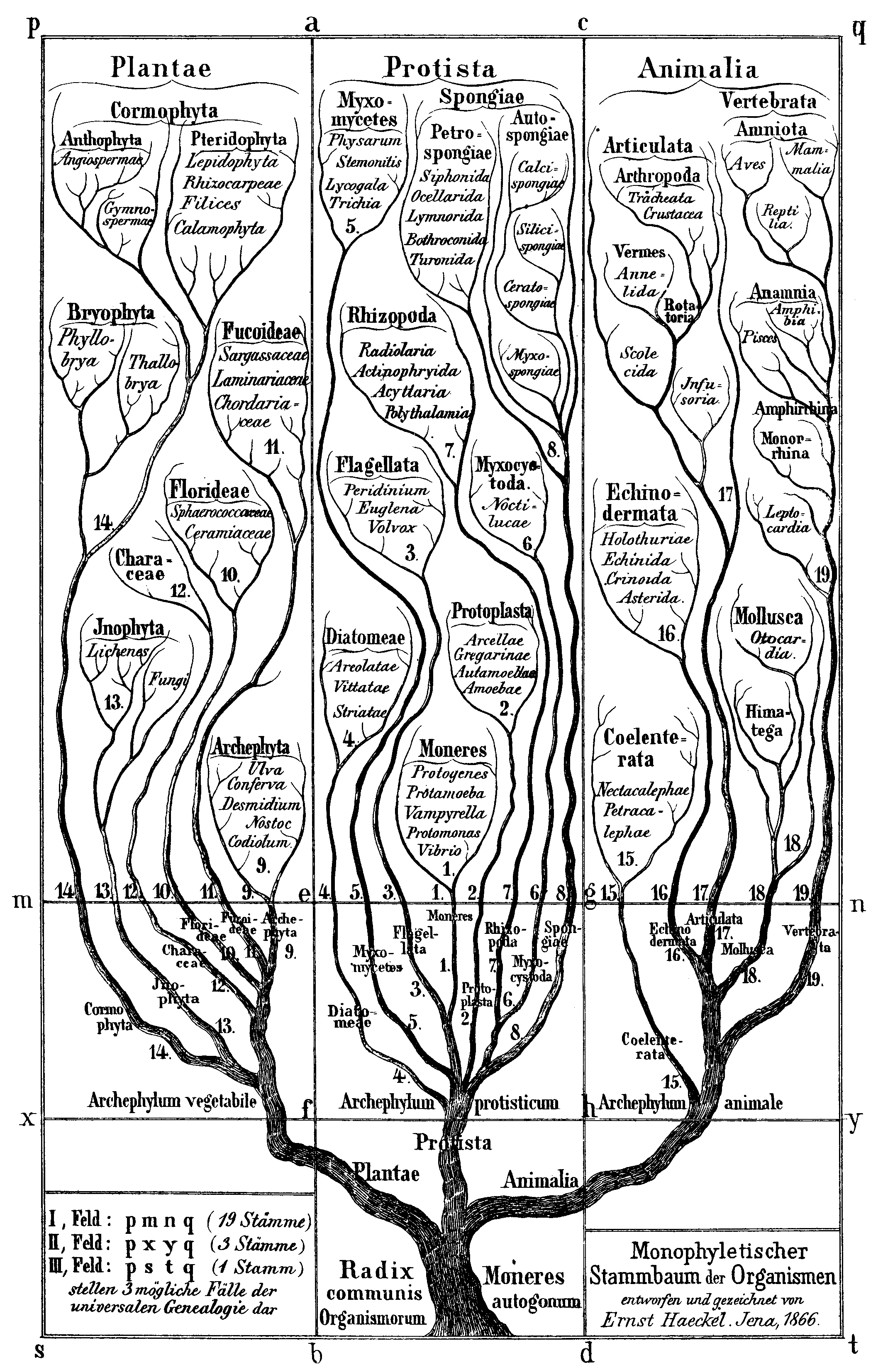|
Andrew J. Roger
Andrew J. Roger is a Canadian-Australian molecular biologist and evolutionary bioinformatician. He is currently a professor in thDepartment of Biochemistry and Molecular Biologyat Dalhousie University and was the founding director (from 2008-2017) of the inter-departmental Centre for Comparative Genomics and Evolutionary Bioinformatics (CGEB). Education and Career Roger received his B.Sc from the University of British Columbia and his PhD from Dalhousie University. Roger was elected as a fellow of the Royal Society of Canada in 2012http://www.rsc-src.ca/en/search-fellows?keywords_44=&first_name=Andrew&last_name=Roger&display_name=Dalhousie+University&election_year_21=&academy_25=All&division_24=All&discipline_23=All&is_deceased=0&sort_by=last_name&sort_order=ASC for his work on eukaryotic superkingdoms, his work on the evolution of mitochondrion-related organelles in anaerobic protists and his contribution to investigating and improving phylogenetic models Research A forme ... [...More Info...] [...Related Items...] OR: [Wikipedia] [Google] [Baidu] |
University Of British Columbia
The University of British Columbia (UBC) is a public research university with campuses near Vancouver and in Kelowna, British Columbia. Established in 1908, it is British Columbia's oldest university. The university ranks among the top three universities in Canada. With an annual research budget of $759million, UBC funds over 8,000 projects a year. The Vancouver campus is situated adjacent to the University Endowment Lands located about west of downtown Vancouver. UBC is home to TRIUMF, Canada's national laboratory for particle and nuclear physics, which houses the world's largest cyclotron. In addition to the Peter Wall Institute for Advanced Studies and Stuart Blusson Quantum Matter Institute, UBC and the Max Planck Society collectively established the first Max Planck Institute in North America, specializing in quantum materials. One of the largest research libraries in Canada, the UBC Library system has over 9.9million volumes among its 21 branches. The Okanagan c ... [...More Info...] [...Related Items...] OR: [Wikipedia] [Google] [Baidu] |
Tree Of Life (biology)
The tree of life or universal tree of life is a metaphor, model and research tool used to explore the evolution of life and describe the relationships between organisms, both living and extinct, as described in a famous passage in Charles Darwin's ''On the Origin of Species'' (1859). Tree diagrams originated in the medieval era to represent genealogical relationships. Phylogenetic tree diagrams in the evolutionary sense date back to the mid-nineteenth century. The term phylogeny for the evolutionary relationships of species through time was coined by Ernst Haeckel, who went further than Darwin in proposing phylogenic histories of life. In contemporary usage, ''tree of life'' refers to the compilation of comprehensive phylogenetic databases rooted at the last universal common ancestor of life on Earth. Two public databases for the tree of life are ''TimeTree'', for phylogeny and divergence times, and the '' Open Tree of Life'', for phylogeny. Early natural classif ... [...More Info...] [...Related Items...] OR: [Wikipedia] [Google] [Baidu] |
Dalhousie University Faculty
Dalhousie ( ) may refer to: Buildings *Dalhousie Castle, a castle near Bonnyrigg, Scotland * Dalhousie Obelisk, a monument in Empress Place, Singapore * Dalhousie Station (Montreal), a former passenger rail station in Montreal, Quebec *Dalhousie station (Calgary), a LRT station in Calgary, Alberta Institutions * Dalhousie Hilltop School, Dalhousie, India * Dalhousie School, a former prep school in Scotland * Dalhousie University, located in Halifax, Nova Scotia *HMIS (later INS) Dalhousie, the initial name of INS Angre, the naval base at Mumbai, India Ships * ''Dalhousie'', later name of People and clans *Clan Ramsay (Dalhousie), a branch of the main line of Scottish Ramsays * Earl of Dalhousie, a title created in the Peerage of Scotland in 1633 * James Broun-Ramsay, 1st Marquess of Dalhousie, (1812–1860) a Governor-General of India *George Ramsay, 9th Earl of Dalhousie, a Governor of Nova Scotia and of British North America Places Australia * County of Dalhousie, Victoria * ... [...More Info...] [...Related Items...] OR: [Wikipedia] [Google] [Baidu] |
Canadian Molecular Biologists
Canadians (french: Canadiens) are people identified with the country of Canada. This connection may be residential, legal, historical or cultural. For most Canadians, many (or all) of these connections exist and are collectively the source of their being ''Canadian''. Canada is a multilingual and multicultural society home to people of groups of many different ethnic, religious, and national origins, with the majority of the population made up of Old World immigrants and their descendants. Following the initial period of French and then the much larger British colonization, different waves (or peaks) of immigration and settlement of non-indigenous peoples took place over the course of nearly two centuries and continue today. Elements of Indigenous, French, British, and more recent immigrant customs, languages, and religions have combined to form the culture of Canada, and thus a Canadian identity. Canada has also been strongly influenced by its linguistic, geographic, and e ... [...More Info...] [...Related Items...] OR: [Wikipedia] [Google] [Baidu] |
Australian Biologists
Australian(s) may refer to: Australia * Australia, a country * Australians, citizens of the Commonwealth of Australia ** European Australians ** Anglo-Celtic Australians, Australians descended principally from British colonists ** Aboriginal Australians, indigenous peoples of Australia as identified and defined within Australian law * Australia (continent) ** Indigenous Australians * Australian English, the dialect of the English language spoken in Australia * Australian Aboriginal languages * ''The Australian'', a newspaper * Australiana, things of Australian origins Other uses * Australian (horse), a racehorse * Australian, British Columbia, an unincorporated community in Canada See also * The Australian (other) * Australia (other) * * * Austrian (other) Austrian may refer to: * Austrians, someone from Austria or of Austrian descent ** Someone who is considered an Austrian citizen, see Austrian nationality law * Austrian German dialect * Somet ... [...More Info...] [...Related Items...] OR: [Wikipedia] [Google] [Baidu] |
Mitosome
A mitosome is an organelle found in some unicellular eukaryotic organisms, like in members of the supergroup Excavata. The mitosome was found and named in 1999, and its function has not yet been well characterized. It was termed a ''crypton'' by one group, but that name is no longer in use. The mitosome has been detected only in anaerobic or microaerophilic organisms that do not have mitochondria. These organisms do not have the capability of gaining energy from oxidative phosphorylation, which is normally performed by mitochondria. The mitosome was first described in ''Entamoeba histolytica,'' an intestinal parasite of humans. Mitosomes have also been identified in several species of Microsporidia and in '' Giardia intestinalis''. Origin and function Mitosomes are almost certainly derived from mitochondria. Like mitochondria, they have a double membrane and most proteins are delivered to them by a targeting sequence of amino acids. The targeting sequence is similar to that u ... [...More Info...] [...Related Items...] OR: [Wikipedia] [Google] [Baidu] |
Hydrogenosome
A hydrogenosome is a membrane-enclosed organelle found in some anaerobic ciliates, flagellates, and fungi. Hydrogenosomes are highly variable organelles that have presumably evolved from protomitochondria to produce molecular hydrogen and ATP in anaerobic conditions. Hydrogenosomes were discovered in 1973 by D. G. Lindmark and M. Müller. Because hydrogenosomes hold evolutionary lineage significance for organisms living in anaerobic or oxygen-stressed environments, many research institutions have since documented their findings on how the organelle differs in various sources. History Hydrogenosomes were isolated, purified, biochemically characterized and named in the early 1970s by Lindmark and Müller at Rockefeller University. In addition to this seminal study on hydrogenosomes, they also demonstrated for the first time the presence of pyruvate:ferredoxin oxido-reductase and hydrogenase in eukaryotes. Further studies were subsequently conducted on the biochemical cytolog ... [...More Info...] [...Related Items...] OR: [Wikipedia] [Google] [Baidu] |
Mitochondrion
A mitochondrion (; ) is an organelle found in the cells of most Eukaryotes, such as animals, plants and fungi. Mitochondria have a double membrane structure and use aerobic respiration to generate adenosine triphosphate (ATP), which is used throughout the cell as a source of chemical energy. They were discovered by Albert von Kölliker in 1857 in the voluntary muscles of insects. The term ''mitochondrion'' was coined by Carl Benda in 1898. The mitochondrion is popularly nicknamed the "powerhouse of the cell", a phrase coined by Philip Siekevitz in a 1957 article of the same name. Some cells in some multicellular organisms lack mitochondria (for example, mature mammalian red blood cells). A large number of unicellular organisms, such as microsporidia, parabasalids and diplomonads, have reduced or transformed their mitochondria into other structures. One eukaryote, ''Monocercomonoides'', is known to have completely lost its mitochondria, and one multicellular organism, ... [...More Info...] [...Related Items...] OR: [Wikipedia] [Google] [Baidu] |
Kingdom (biology)
In biology, a kingdom is the second highest taxonomic rank, just below domain. Kingdoms are divided into smaller groups called phyla. Traditionally, some textbooks from the United States and Canada used a system of six kingdoms (Animalia, Plantae, Fungi, Protista, Archaea/Archaebacteria, and Bacteria/Eubacteria) while textbooks in Great Britain, India, Greece, Brazil and other countries use five kingdoms only (Animalia, Plantae, Fungi, Protista and Monera). Some recent classifications based on modern cladistics have explicitly abandoned the term ''kingdom'', noting that some traditional kingdoms are not monophyletic, meaning that they do not consist of all the descendants of a common ancestor. The terms '' flora'' (for plants), '' fauna'' (for animals), and, in the 21st century, '' funga'' (for fungi) are also used for life present in a particular region or time. Definition and associated terms When Carl Linnaeus introduced the rank-based system of nomenclature int ... [...More Info...] [...Related Items...] OR: [Wikipedia] [Google] [Baidu] |
Dalhousie University
Dalhousie University (commonly known as Dal) is a large public research university in Nova Scotia, Canada, with three campuses in Halifax, a fourth in Bible Hill, and a second medical school campus in Saint John, New Brunswick. Dalhousie offers more than 4,000 courses, and over 200 degree programs in 13 undergraduate, graduate, and professional faculties. The university is a member of the U15, a group of research-intensive universities in Canada. The institution was established as ''Dalhousie College'', a nonsectarian institution established in 1818 by the eponymous Lieutenant Governor of Nova Scotia, George Ramsay, 9th Earl of Dalhousie, with education reformer, Dr. Thomas McCulloch, as its first principal. However, the college did not hold its first class until 1838, with operations remaining sporadic due to financial difficulties. The college was reorganized in 1863 and renamed ''The Governors of Dalhousie College and University''. The university formally changed its nam ... [...More Info...] [...Related Items...] OR: [Wikipedia] [Google] [Baidu] |
Royal Society Of Canada
The Royal Society of Canada (RSC; french: Société royale du Canada, SRC), also known as the Academies of Arts, Humanities and Sciences of Canada (French: ''Académies des arts, des lettres et des sciences du Canada''), is the senior national, bilingual council of distinguished Canadian scholars, humanists, scientists and artists. The primary objective of the RSC is to promote learning and research in the arts, the humanities and the sciences. The RSC is Canada's National Academy and exists to promote Canadian research and scholarly accomplishment in both official languages, to recognize academic and artistic excellence, and to advise governments, non-governmental organizations and Canadians on matters of public interest. History In the late 1870s, the Governor General of Canada, the Marquis of Lorne, determined that Canada required a cultural institution to promote national scientific research and development. Since that time, succeeding Governor Generals have remained involved w ... [...More Info...] [...Related Items...] OR: [Wikipedia] [Google] [Baidu] |
Doctor Of Philosophy
A Doctor of Philosophy (PhD, Ph.D., or DPhil; Latin: or ') is the most common degree at the highest academic level awarded following a course of study. PhDs are awarded for programs across the whole breadth of academic fields. Because it is an earned research degree, those studying for a PhD are required to produce original research that expands the boundaries of knowledge, normally in the form of a dissertation, and defend their work before a panel of other experts in the field. The completion of a PhD is often a requirement for employment as a university professor, researcher, or scientist in many fields. Individuals who have earned a Doctor of Philosophy degree may, in many jurisdictions, use the title ''Doctor'' (often abbreviated "Dr" or "Dr.") with their name, although the proper etiquette associated with this usage may also be subject to the professional ethics of their own scholarly field, culture, or society. Those who teach at universities or work in academic, edu ... [...More Info...] [...Related Items...] OR: [Wikipedia] [Google] [Baidu] |
.gif)






